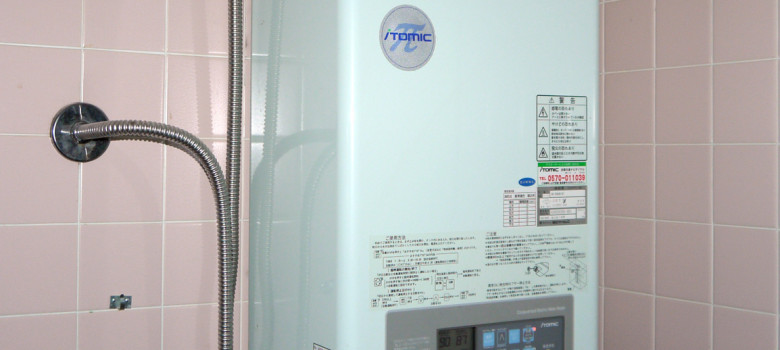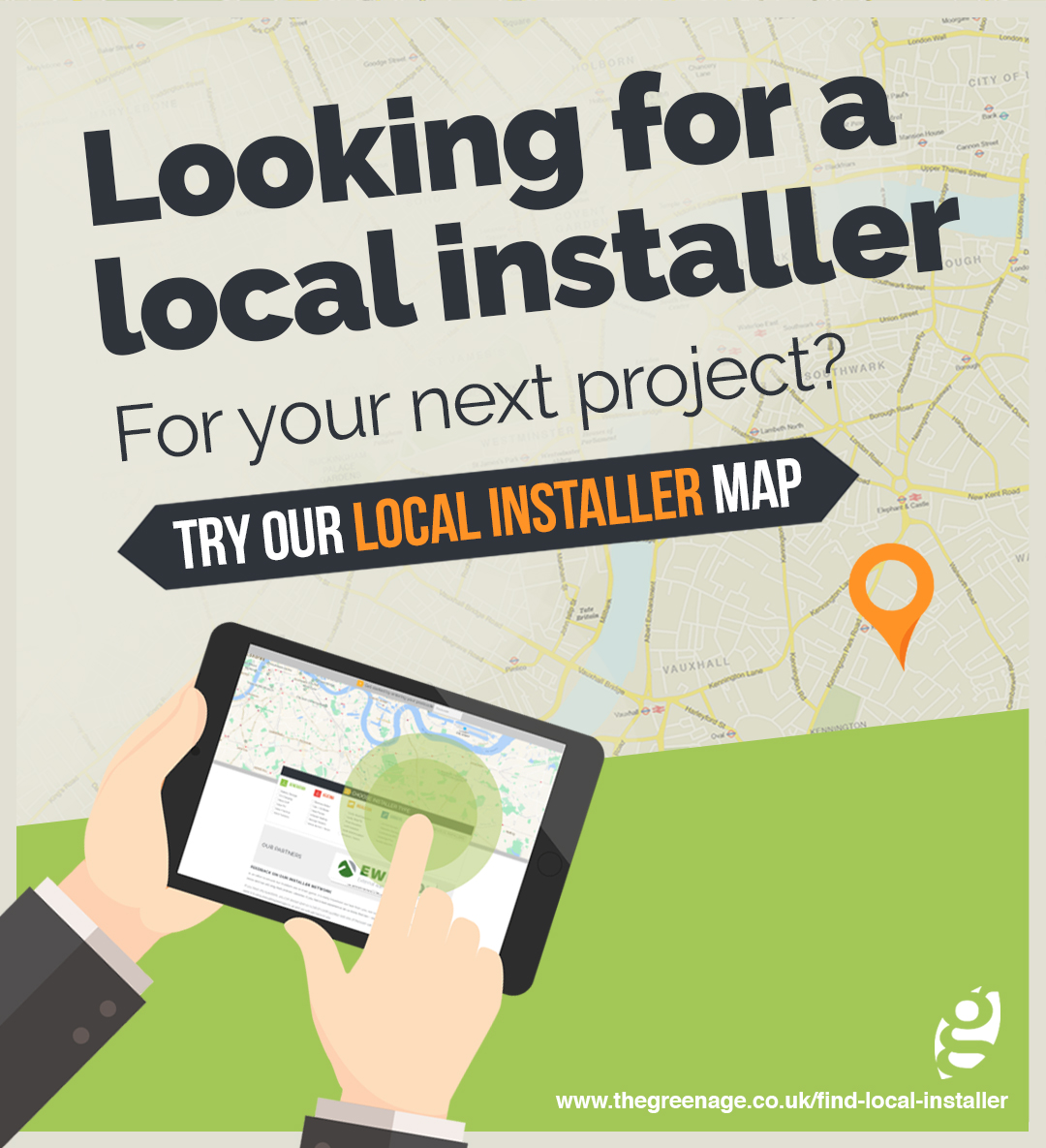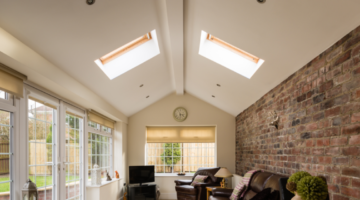
Electric boilers can be a really clean and simple way to heat your hot water. There are a few different types though, and some will be more suited to your property than others. In this blog, we are going to take you through the various electric boilers available and the benefits and downsides to them.
Direct Acting Electric Boilers
These are the simplest type of electric boiler available, and they will also be the least expensive to install. The direct acting boiler heats the water using an element, and this hot water could be part of a central heating system, or for hot water. There is not a storage system with this type of boiler, so the water is heated on demand, like a combi boiler. Whilst this is very efficient, it does mean that you cannot benefit from economy 7 tariffs by storing cheaply heated water at night for using during peak hours of the day.
Storage Electric Boilers
These boilers will either have a separate hot water cylinder, or a built in storage unit. The advantage of these systems over direct acting boilers is that any heated water can be stored to be used later, and the user can therefore take advantage of ‘time of use tariffs’ like economy 7. The disadvantage is that they take up more room than a direct acting boiler, and will set you back a bit more.

CPSU stands for Combined Primary Storage Unit and the key feature of this type of boiler is that a large volume of water is stored by the boiler itself. This means that a CPSU can release hot water to the radiators or the taps extremely quickly – much faster than a standard boiler. It is used to dealing with higher volumes and higher pressures. These boilers can be found in domestic properties, but they are more popular with commercial applications. They do take up space, but are great if you need instant hot water in larger volumes than a standard combi.
Dry Core Storage Boilers
This technology works on the same principle as storage heaters. Storage heaters utlise cheap electricity at night by storing heat in bricks. This heat can then be used during the day, when prices are higher to heat a room.
Dry core boilers will store heat in bricks in the same way, but the heat is released as needed into water, which can then be used for central heating or hot water. This makes them much more versatile than a storage heater, with some of the advantages that a boiler has.
Storage or no storage?
This seems to be the main question when you are opting for an electric boiler. Storage is an advantage because it allows you to use cheap night tariffs, but it can also be bulky and more expensive to install. If you are opting for electric heating, a modern storage heater will be just as efficient as a electric wet central heating system, and much cheaper, so it might not be right for many people. The advantage of course is that there is more control, and you can have your hot water and heating running from the same system.
Combining solar with electric boilers
Since electric boiler use electricity to operate and solar PV generates electricity, it is possible to use a PV system to help heat your water. Of course, you are only able to heat your water with solar during the day time, but with a storage system, this should not be a big problem.
What electric boiler?
If you are set on an electric boiler, there are a few different options available to you. Obviously, gas is going to be the cheaper option, but if you don’t have gas, but want all the benefits of a central heating system, then an electric boiler is a viable option. We recommend you take a look at alternative forms of electric heating as well before you make your decision. This includes storage heaters and infrared heating.
Installing a new boiler
Are you thinking about getting a new boiler? We have scoured the country for the best tradespeople, so that we can make sure we only recommend those we really trust.
If you would like us to find you a local installer to install a new boiler in your home, just fill in the form below and we will be in touch shortly!











I am looking to have a new electric boiler installed at the property I am moving to. Could you please recommend an installer who can help me choose the right one please.
Many thanks
Charlotte Knapton
I have a Strom Electric Boiler which gives out hot water but at moment no heating, I need an engineer who specialises in these to fix it please or another electric boiler fitted, My one at moment is 7K